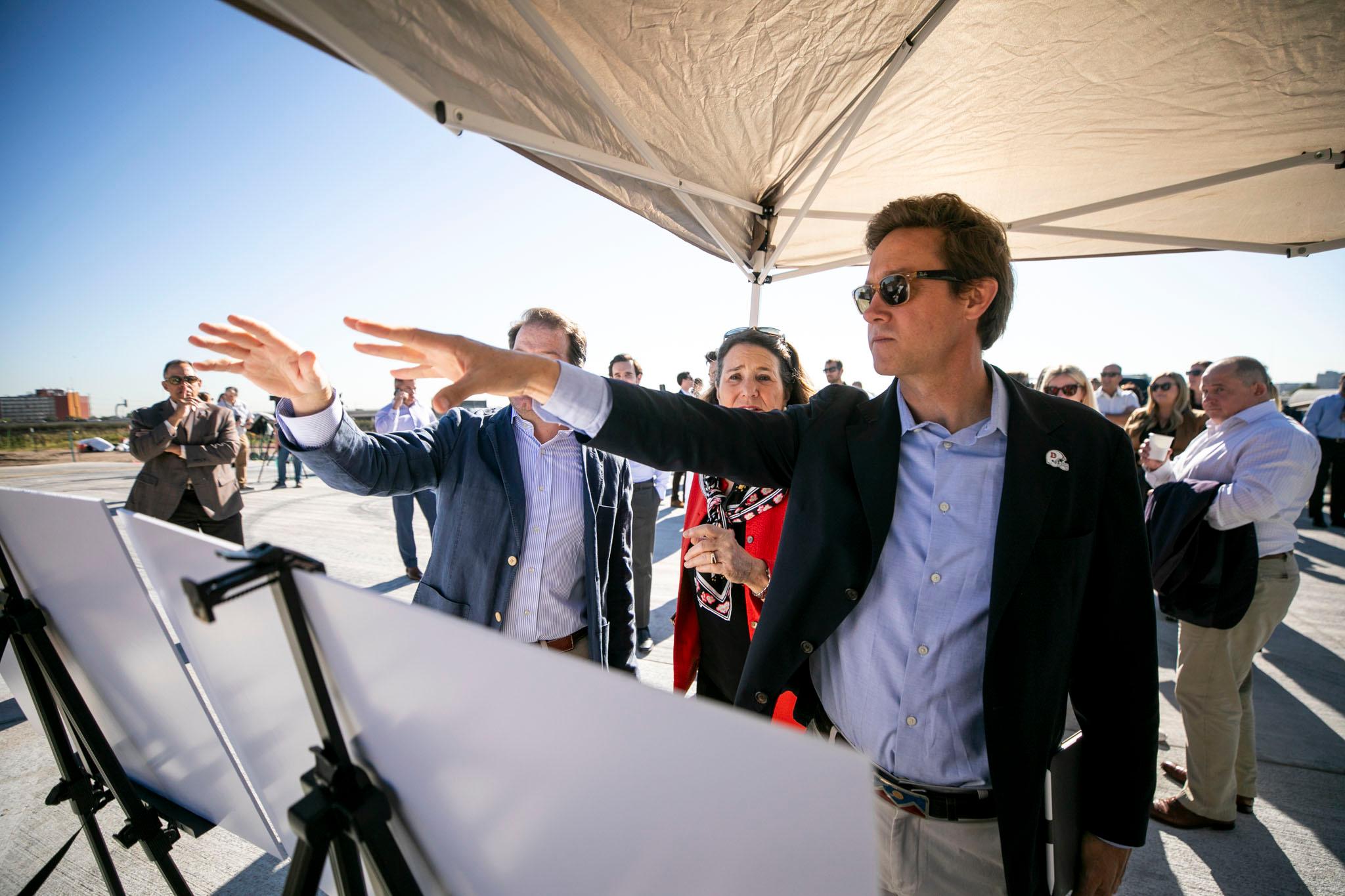Denver Mayor Mike Johnston has jumped into the debate over Prop. 131, one of the biggest changes ever proposed for Colorado elections.
Johnston said on Friday that he would support the measure, which would eliminate single-party primaries for many Colorado elections. It also will implement ranked-choice voting in many general elections.
Gov. Jared Polis endorsed the measure earlier this week.
Johnston is supporting the measure because he wants to see nonpartisan primary elections, similar to how Denver elections are run, according to a spokesperson.
“Denver mayoral elections are non-partisan, which means the voters had the opportunity to hear from each candidate and vote for the person they believed would best serve the city, regardless of party. Mayor Johnston saw firsthand how that empowered people to make the best decision for themselves, and believes voters should have that opportunity in all of their local elections,” wrote spokesperson Jordan Fuja.
Prop. 131’s supporters describe it as a way to encourage bipartisanship and reduce the influence of more extreme voters in either party. The measure’s biggest individual backer is Kent Thiry, a former health care CEO who was also responsible for other recent voter-approved changes to election laws. Former Denver clerk Amber McReynolds is also a supporter working with the campaign.
But it’s also drawn opposition from both parties and concerns from elected officials. Critics say that it may make primary elections more expensive, making it easier for money to dominate. Election officials worry about implementing it by 2028, which is Polis’ current goal.
The measure applies to many state and Congressional elections, but not to elections for U.S. president or local governments.
If it passes, it would abolish the concept that political parties should select a single candidate in many elections. Currently, Colorado election cycles begin with a primary election; for example, all the potential Democratic candidates run on a single ballot. Democratic and unaffiliated voters choose the winner of that primary, who advances to the general election.
Under Prop. 131, that system would be flipped on its head. All candidates would be listed on a single primary ballot, and voters would choose a single favorite candidate. The four most popular candidates would move onto the general election. In Denver, it might result in multiple Democrats making it to the general election.
The general election would then be decided by instant-runoff voting, which is a form of ranked-choice voting. Voters could rank all four candidates in order of preference; all voters’ rankings are then combined in a multi-step counting process to determine the winner.












